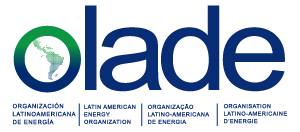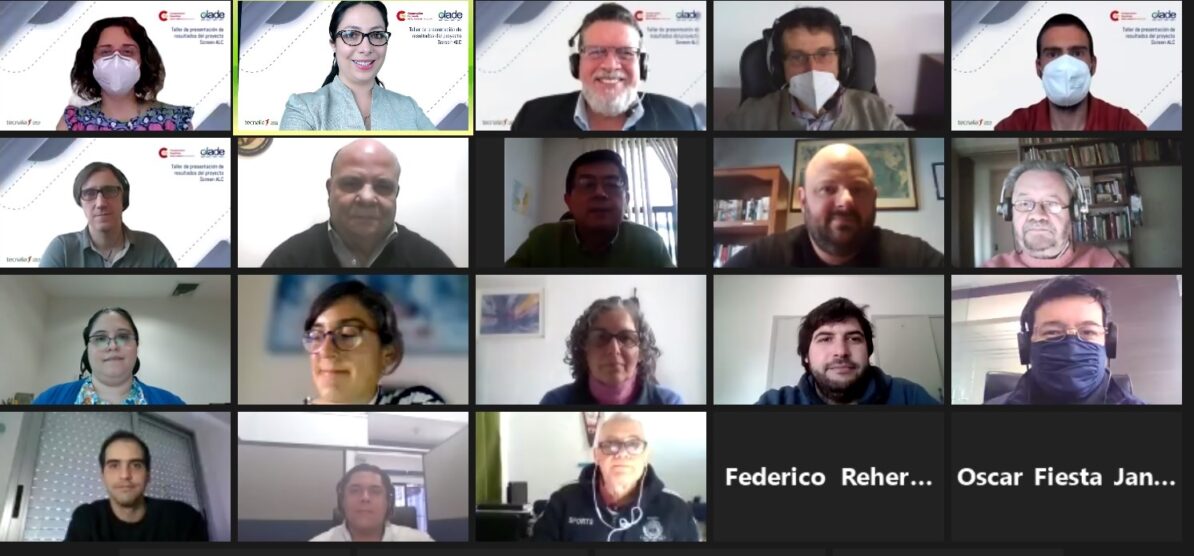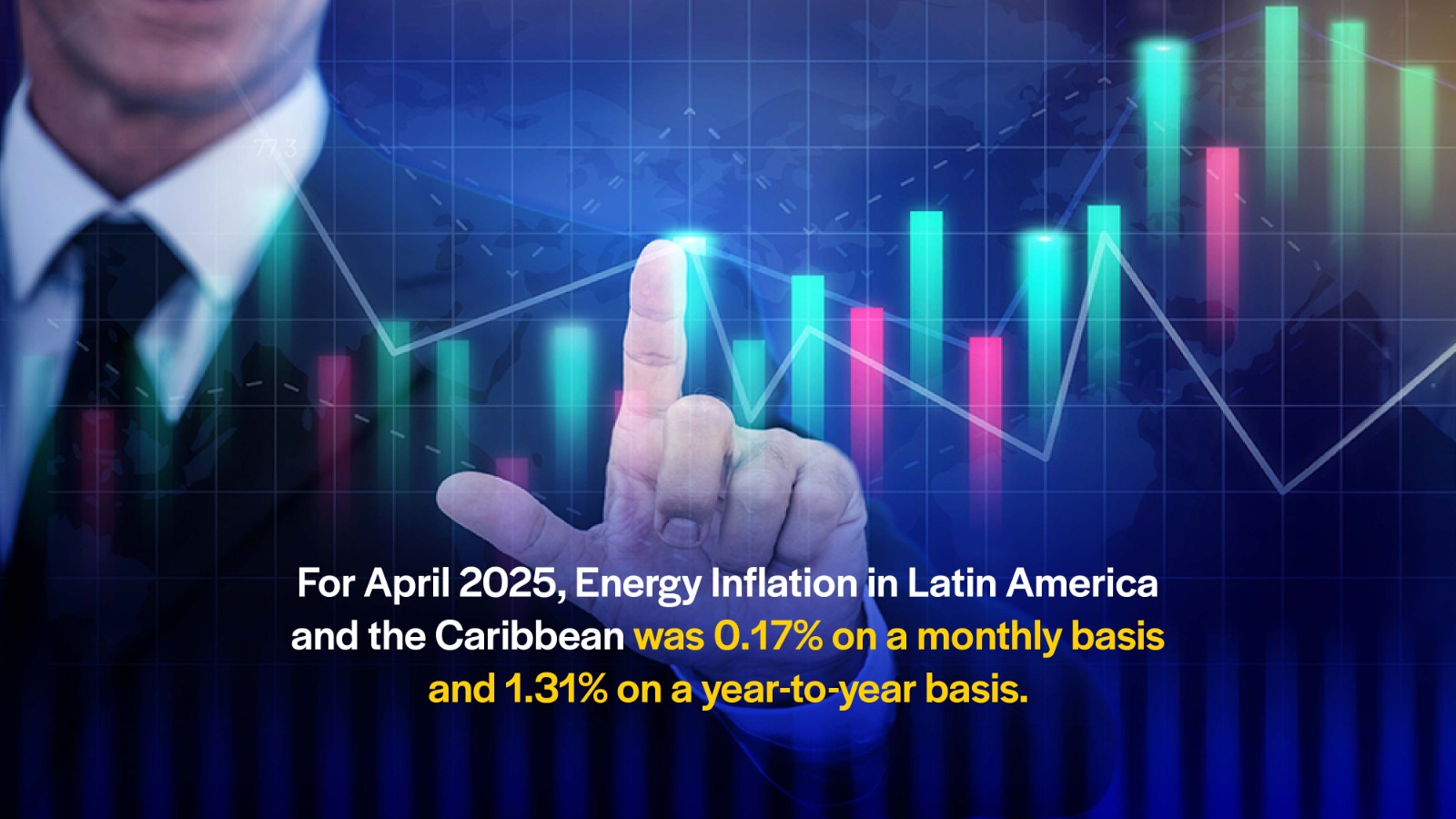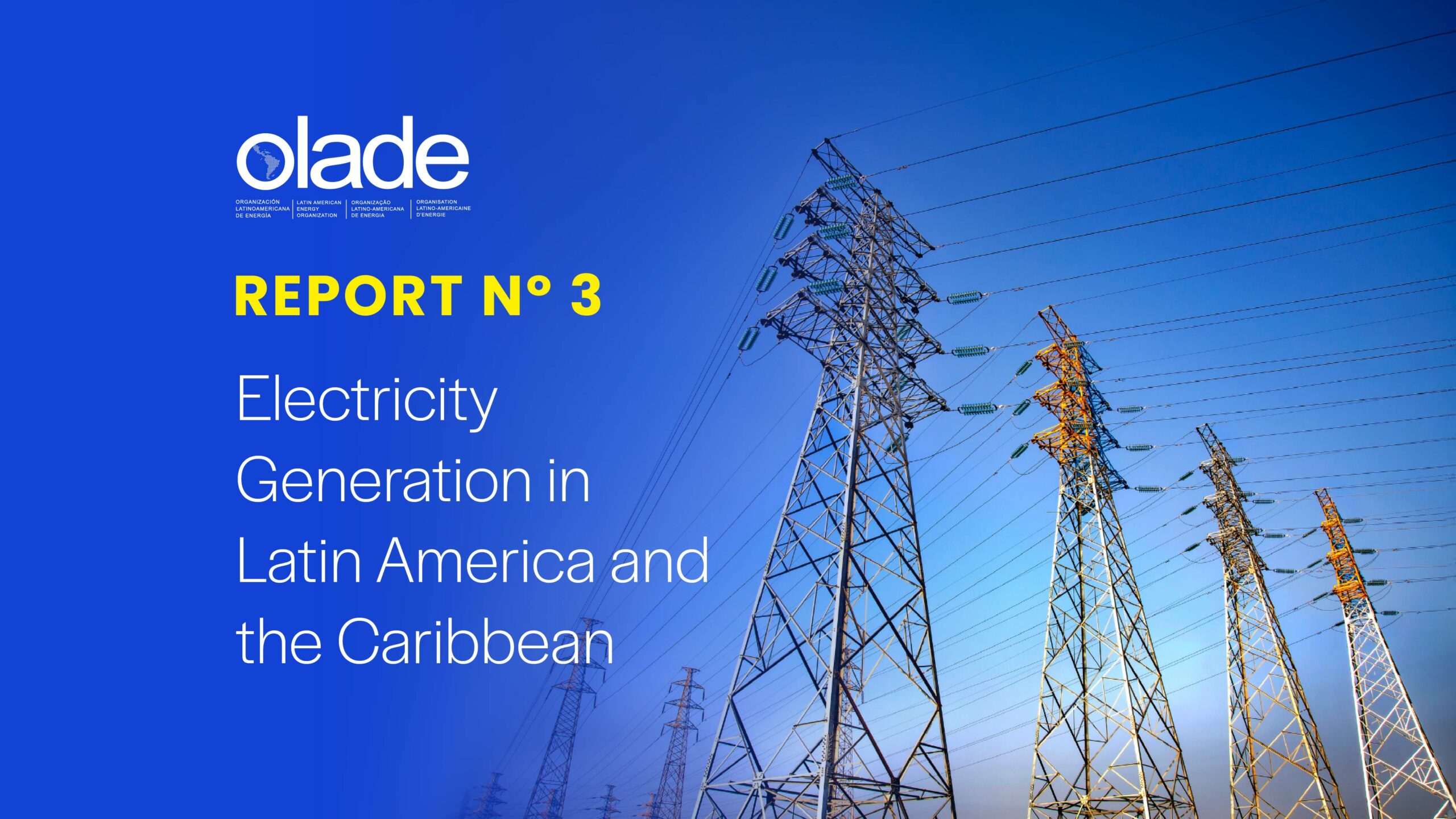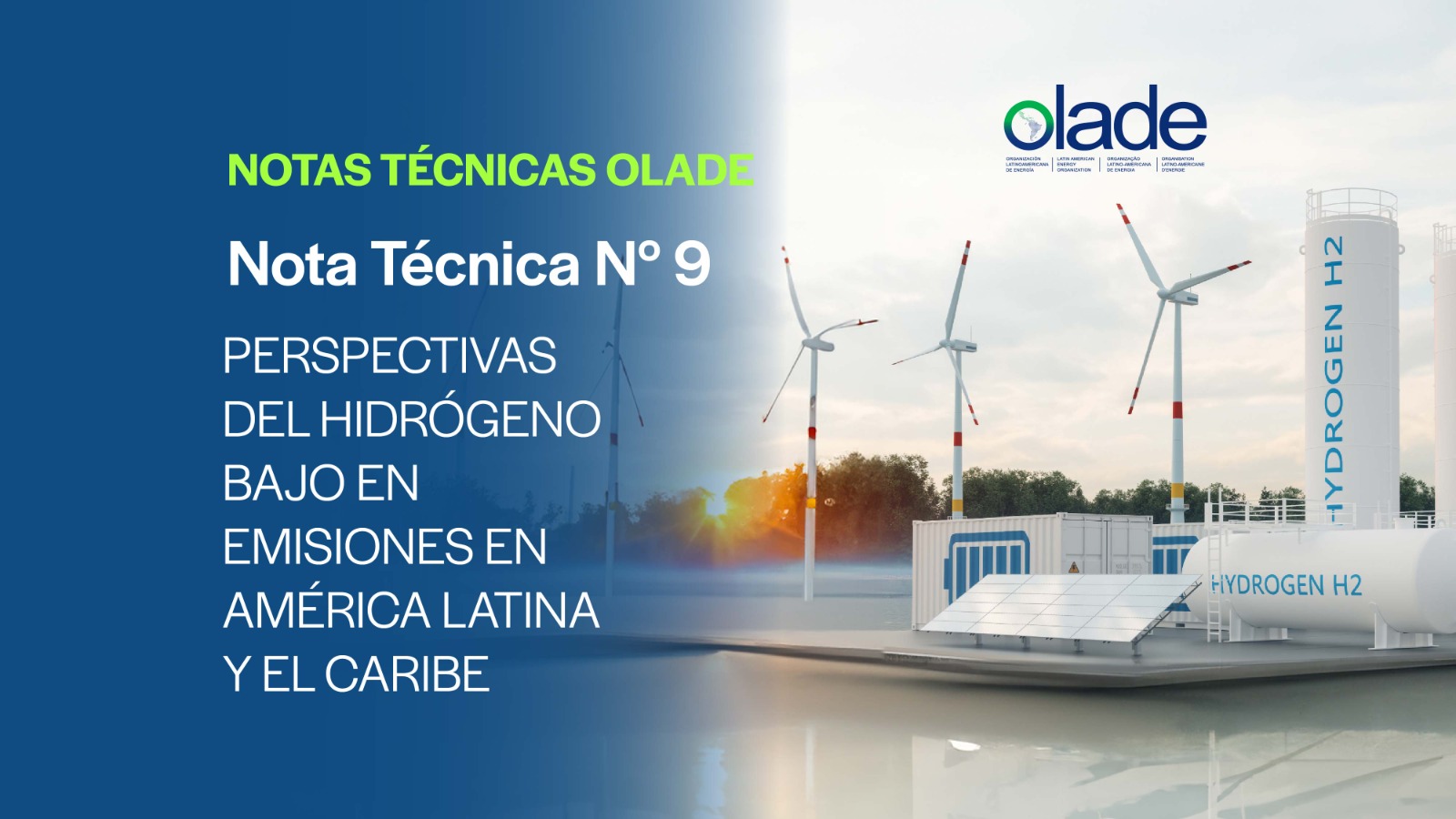The project “Incidence of climate change on energy planning: screening for the global assessment of vulnerability and climatic risks of the energy system in Latin America and the Caribbean;” implemented by the Latin American Energy Organization (Olade) with the financial support of AECID under the Arauclima program and the technical support of the TECNALIA foundation, reaches its culmination phase, after 20 months of implementation in Argentina, Bolivia, Brazil, Chile, Ecuador, El Salvador, Grenada, Honduras, Panama, Paraguay, Peru, Dominican Republic and Uruguay.
At a final workshop to present the results of the project, held on the morning of July 29, 2021, Olade’s executive secretary, Alfonso Blanco, pointed out that Latin America and the Caribbean has made great progress in its energy systems, but that it is also one of the regions most vulnerable to the effects of climate change. “In some way, all our energy infrastructure has a great impact derived from climate change and this must be part of the planning of our sector,” he said.
Furthermore, he explained that this project is giving a planning signal and that action is being taken to foresee the effects that climate change may have on energy systems and how to act in response to these risks. “Generating the mechanisms to be the basis and constitute our sectoral planning and thus be prepared and make our energy systems increasingly robust and resilient,” he stressed.
Meanwhile, specialists from the Tecnalia Foundation’s technical team, made up of Jorge Paz, Elena Turienzo and Joshua Lizundia, explained the objective and scope of the study, the methodology, tools, mathematical models used and the geo-referenced results obtained in the analysis of climate change threats, the vulnerability of the energy system, the evolution of the potential impact on infrastructure, the preliminary estimation of risk and the integration of possible adaptation measures in energy planning.
Medardo Cadena, Olade’s Director of Studies, Projects and Information, mentioned that the objective and purpose of this project is to generate tools and inputs to support countries in their planning tasks, which is currently essential.
Project information
The study analyzed the effects of climate change on the energy sector in Latin America and the Caribbean and its consequences. The damage caused by extreme weather events to energy infrastructure in the region is increasing, with a direct impact on the population, not only in terms of energy supply, but also in the provision of basic services such as water and health, which in turn depend on energy supply.
At the same time, rainfall patterns, winds, etc. are being altered, affecting generation, nearly 50% of which is of hydroelectric origin.
Many countries are currently undergoing a transformation of their energy sector, with an increasing penetration of renewable energies, which in turn increases their level of exposure and vulnerability to climate change, conditioning their development.
